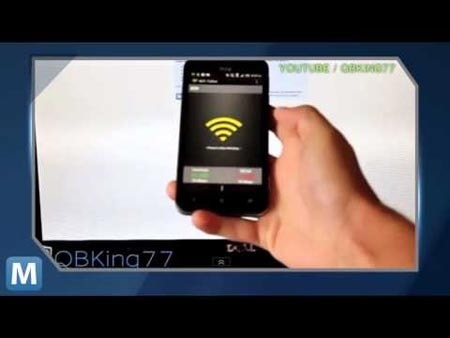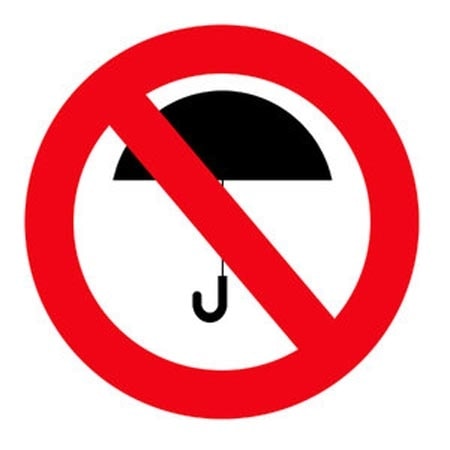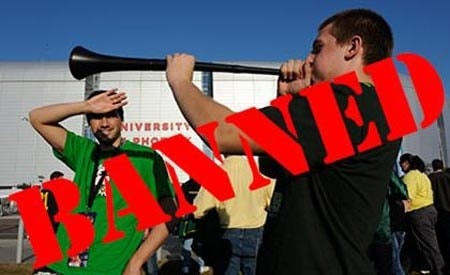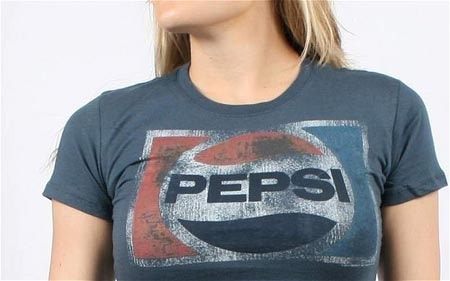Prohibited items at the London 2012 Olympics
To ensure the safety of the Olympics, the London Olympics organizing committee officially announced a ban on certain items, no matter how essential, for visitors.
Wireless internet connection device
Some possible reasons for this ban are that users using mobile devices with broadcasting functions will affect and interfere with the general signal of the internet or live television transmission from the competition area.

However, there is also a commercial reason, as BT has been chosen as the official partner to provide communications services at the Olympics. BT currently deploys around 1,500 pay-per-view signal transceiver stations at Olympic venues with two basic service packages: £5.99 for 90 minutes of use or £9.99 for 24 hours of access.
Flags of countries not participating in the Olympics
The flags of non-participating countries are also restricted, except for the separate flags of countries within the Commonwealth of Nations such as
oversized umbrella
According to the official announcement from the organizers, large umbrellas will be banned at all competition venues for two reasons: the pointed tip of the umbrella can also become a weapon to cause damage and when the umbrella is stretched, it will block the vision of others.

This ban will probably cause great inconvenience to fans because of the weather in
wide-brimmed hat
Also related to the issue of obstructing vision, wide-brimmed hats will not be allowed in any competition area. According to the Olympic Committee guidelines, staff can help spectators determine the appropriate size of hats, and hats that are too large will be permanently confiscated.
To ensure that fans would remember the ban on umbrellas and wide-brimmed hats being allowed into the stadium, the organizers even printed two mock-up images on the tickets.
Shirt with advertising content
The London Olympics also firmly says no to T-shirts with political messages or advertisements. Any images or text that imply any connection to these two issues will be banned from the stadium. The ban is intended to eliminate companies that use the Olympics to promote their brands without funding.
support for the Olympics.
This discrimination reminds people of the incident at the 2006 World Cup, when more than 1,000 Dutch football fans had to wear underwear to enter the stadium to watch the team play against Ivory Coast. The reason also stemmed from the word "brand" because FIFA officials thought that they were wearing orange shirts with the logo of Bavaria beer company, a rival of sponsor Budweiser, printed on the uniform. Afterwards, to avoid a recurrence of this rare incident, FIFA had to buy a lot of shorts to give to fans who still wore shirts that "smelled of advertising".
Food to bring
At the Olympics, prices are higher than usual. A 30ml bottle of Heineken costs £4.20 ($6.50), a plate of curry rice costs £8.50 ($13.15), a bottle of water costs £1.60 ($2.50). So people often bring their own food. However, this will be limited by the organizers' desire to bring profits to sponsors such as Coca-Cola, McDonald's, Cadbury...
Sound generator
Drums, trumpets, horns, whistles and especially the vuvuzela, which was famous at the 2010 World Cup, as well as anything that could make noise, are on the two-page banned list sent to all Olympic ticket holders.

In addition, light-emitting devices such as laser pointers and flashing lights are also completely prohibited because when used, they have the potential to directly affect competitors.
Bicycles and skateboards
Despite there being 7,000 bike parking spaces within a 15-minute walk of the Olympic site, bicycles, including folding bikes, were not allowed at the London 2012 Olympics.
According to the organizers, skateboards, roller skates, and folding bikes will cause discomfort to others in the subway or at competition venues.
Walkie-talkies, jammers, frequency scanners
These are devices that can be used to intercept security force communications. Therefore, according to the organizing committee, banning these devices will help ensure the safety of the Olympics from terrorists.
Balls, rackets, discs and other throwable objects
The history of the Olympics as well as other large and small sports tournaments around the world shows that athletes can get too excited and lead to uncontrollable actions such as throwing objects onto the field.
Therefore, the organizers decided to say no to objects that can be thrown far or shot in the competition area and stands.According to Datviet-M







